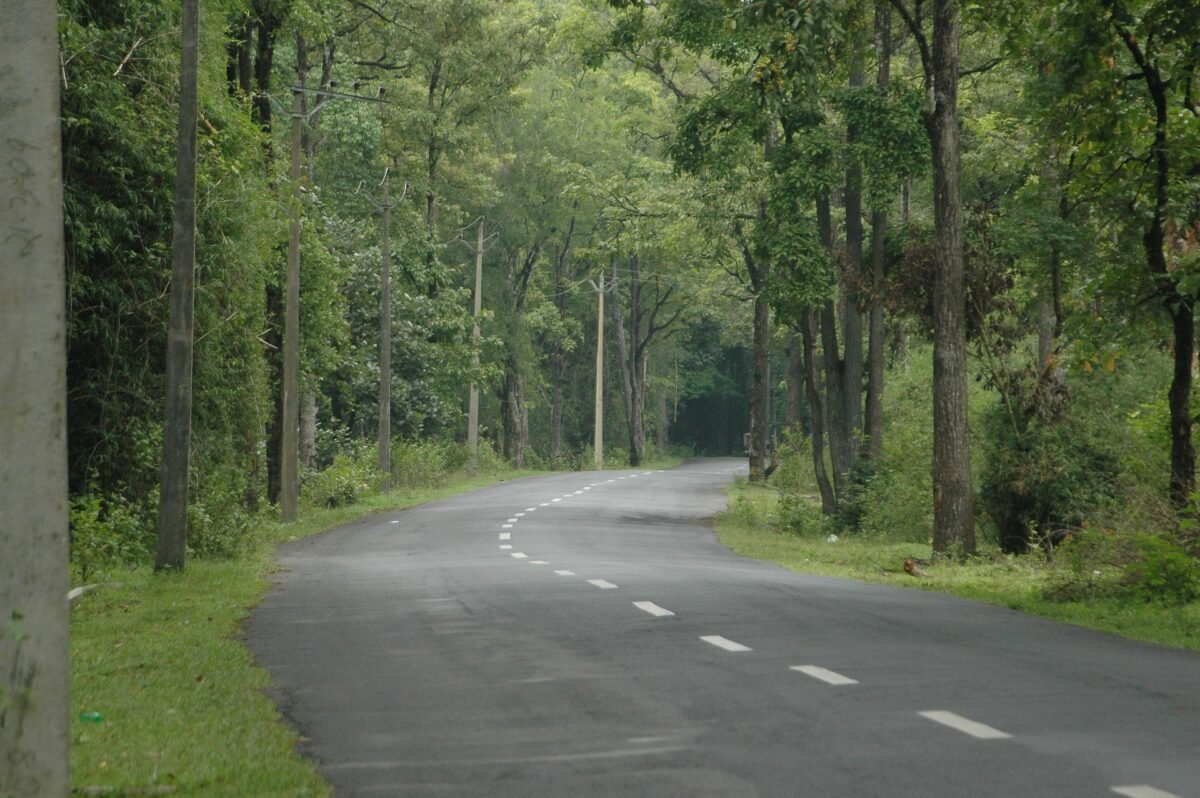Temple festivals have given rise to large number of new poetic patterns and motifs, The most well-known is the pavai song in Saivism and Vaishnavism. The song is now associated with the pre-dawn bath in the month of Marhali and going the rounds of the temple and temple streets. St. Andal sang the first Tiruppavai and Manikkavacakar sang next his Tiruempavai. Both the songs are today rich treasures best owed by the two saints on their respective religions and the Tamil people in general. Others in later centuries have followed them with many such pavai songs; notable are those of Tattuvarayar.
Tiruppallandu is a similar song purporting to pray for long life to the Lord Himself, so that He may shower His grace on mankind for all time. The story is that Periyalvar first sang his song on Vishnu. When Vishnu in all his glory decked with flowers, apparel and jewels went in a procession along the streets of the city, the Alvar, who constituted himself as the mother of the One who had no mother and as father, sang this song in order to remove any evil eye likely to be cast by non- religious persons. From. this day, this has been an item of devotional singing in Vishnu’s presence in all his temples Two centuries later, Sendanar, a harijan bhakta sang a Pallandu on Nataraja during the Ardra Darsana car festival and it is equally popu1ar in the Siva temples. (This has been elaborately described in the section on that festival (pages 202-203).
Tiruppalliyeluchi is yet another. This is a song intended to wake up the Lord in the temple, early in the morning in order that He may shower His Grace on mankind. Of course, the Lord does not sleep, and it is man that confers on Him a sleep in the night and a waking up in the morning. Tondar adippodi alvar sang the first Palliyeluchi on Lord Ranganathar at Srirangam followed by Manikkavacakar on the Lord at Tirupperundurai. All the songs form part of the respective canons. In recent times the great national poet Bharati sang a Tiruppallieluchi on the Bharatamata.
Similar songs sung on temple festival occasions are many. They are modelled on the rituals and the folk patterns of songs suited for such occasions. Some instances are Tirup-Ponnusal for the swing, Tirup-Porchunnam for preparing the bathing powder for the Lord’s bath and some others Tirmanjanakkatiyam of a later day is also a song for the occasion of the Lord’s bath.
In many temples, there are songs for the different types of festivals. Vahanakkavi stating the mounts for the procession on the different days of the festival Tiru-olakkappattiu a song celebrating the durbar of the deity, usal as stated earlier, Tirunalkavi and so on. Kavadiccindu is a new pattern of poem invented by Annamalai Reddiyar for the singing of the devotees who· carry a kavadi for Muruha in order that the tedium of their trek to the temple may not be felt. The song is sung in chorus; the leader sings the song, and the others follow. His inspired new experiment had caught on and become immensely popular, and time adds to its popularity. It had no successful imitators.
Tiru udal is one of the festivals in Siva temples. It has not been described earlier. Humour and poetry go to make up the festival. Nataraja on the Ardra day returns to the temple but is refused admission by Sakti. St. Sundarar for whom Tyagaraja at Tiru(v)Arur once acted as a messenger of love to the house of Paravai, now acts as a messenger from Nataraja to Sakti. A final reunion is effected. Oduvars, following St. Sundarar the messenger, sing verses from the Devaram and this is an item of interest, giving literary and musical training to many bhaktas in the locality.
The fact that the Chola emperors had made liberal endowments to temple Odhuvar for reciting Devaram songs had helped literary taste as well as music to be developed among the mass in their days.
